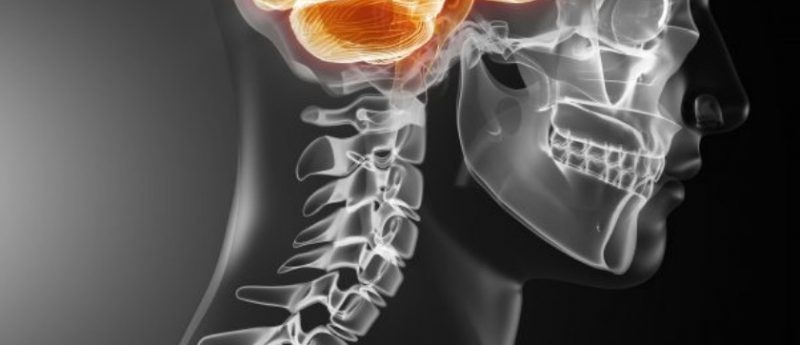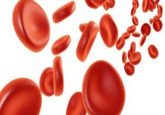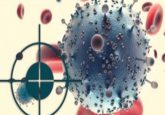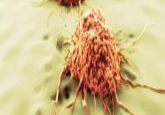Possible mechanism for tumor invasion in brain cancer identified

A research team from Dartmouth’s Norris Cotton Cancer Center (NH, USA), specializing in neuro-oncology, has identified the transcription factor Id4 as a suppressor of tumor cell invasion in glioblastoma. Additionally they revealed that inhibition of the protein Twist1 is the mechanism by which Id4 silences matrix metalloproteinase 2 (MMP2). Their results were published recently in the journal Oncogene.
“This finding suggests a novel therapeutic target to decrease invasion of tumor cells in patients and may also provide a novel biomarker that could help predict survival of patients with glioblastoma,” explained Mark Israel (Norris Cotton Cancer Center).
Glioblastoma is the most lethal form of primary brain tumor; it invades the brain tissue through a process that allows individual cells to move through normal brain tissue. As such, it is impossible to perform complete surgical removal in patients affected with the disease. The team aimed to elucidate the mechanisms by which this tissue invasion occurs.
The researchers mined data from The Cancer Genome Atlas and concluded that Id4 expression is correlated with survival in glioblastoma and inversely correlated with MMP2 expression. Their results also suggest that the decreased Id4 expression in glioblastoma multiforme (GBM), which results in upregulation of MMP2, may contribute to morbidity and mortality in patients.
“Conventional drugs targeting the enzymes encoded by MMP genes have not been successful in the clinic due to adverse side effects,” commented Gilbert Rahme (Norris Cotton Cancer Center). “We believe that proteins in the pathway that controls the expression of MMP2 are likely to be better therapeutic targets. Targeting Twist1 might silence MMP2 and decrease tumor invasion, which will help patients with GBM. Furthermore, the expression of Id4 may serve as a tumor biomarker that can predict the degree of tumor infiltration.”
Future work will involve the further characterization of the therapeutic targets revealed in this study. The team will continue their work with Id4 as a biomarker for patients with GBM, aiming to make predictions of tumor invasion and survival.
Source: Dartmouth-Hitchcock Norris Cotton Cancer Center press release





